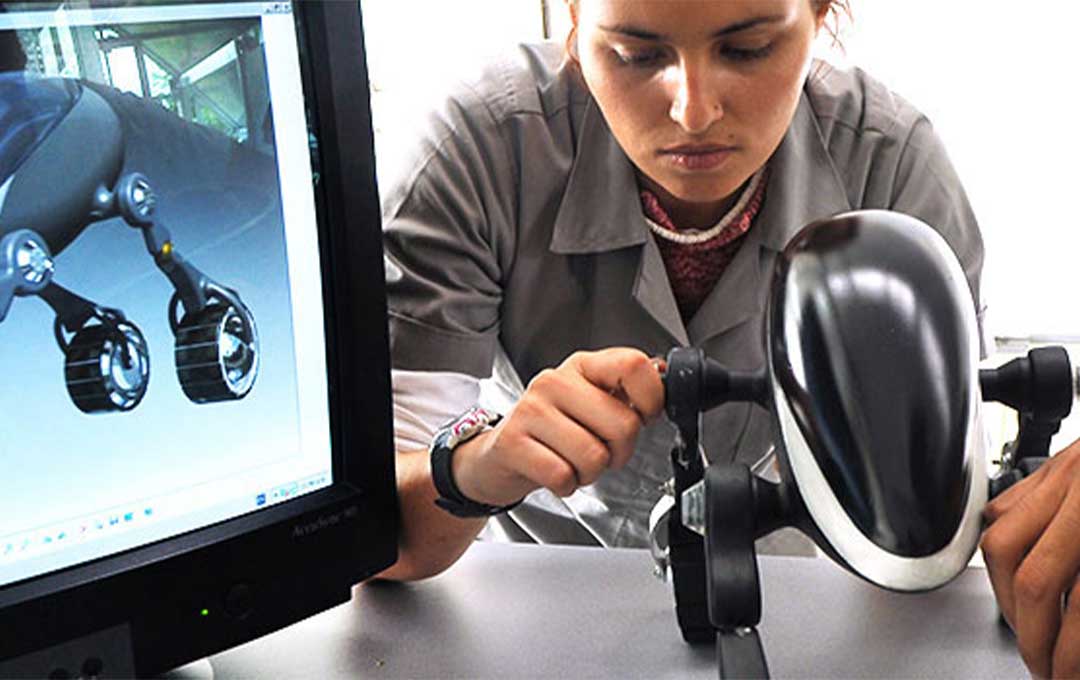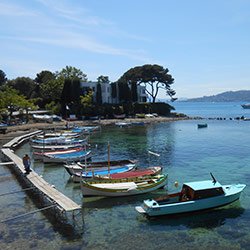Engineering
Study Abroad Programs
Discipline Description
We know studying abroad as an engineering major can pose challenges–we're making it easy by offering courses that will keep you on track for graduation. We've carefully chosen our overseas partner institutions to ensure you can find the courses you need; plus, we offer core engineering courses at CEA CAPA Study Centers. Whether you'd like to study abroad for a summer or a semester, CEA CAPA will help you meet your goals.
By choosing to study engineering with CEA CAPA, you’ll have the incredible opportunity to take your learning outside of the classroom and experience it within your host culture. You’ll also benefit from the support of our local staff, who are just as invested in your study abroad experience as you are. What are you waiting for? Explore engineering with CEA CAPA!
Want to take your studies a step further? Consider enrolling in an internship and complete an engineering-focused placement over a semester or a summer. Internships are available in select locations in small- to medium-size local companies, allowing you to immerse into the host culture and business environment while developing necessary skillsets in your field of interest. Learn more about internship options with CEA CAPA.
How does ABET accreditation apply to CEA CAPA engineering programs?
It is not possible for the engineering coursework taught at CEA CAPA Study Centers to have ABET accreditation. However, our school of record, University of New Haven offers ABET accredited engineering programs in the Tagliatela College of Engineering. All engineering courses and faculty at CEA CAPA Study Centers are evaluated by UNH faculty from the College of Engineering. They apply the same criteria to approving curriculum and faculty at CEA CAPA as they do to their own institution. Ultimately, it is up to each student’s home institution to decide how they choose to review and accept transfer credit for engineering coursework taken abroad.
Additionally, CEA CAPA spoke with an ABET staff member to further our understanding of how their accreditation works, and how it applies to study abroad programs. Through our conversations, we learned the following:
• ABET accredits engineering programs at universities, not courses or institutions.
• When it comes to transfer credits, ABET does not have a preference about where the course is taken, or who transcribes it. Their concern is that when a student graduates from an ABET accredited program, that each student has successfully met the learning outcomes articulated by their particular engineering degree program. It is up to the home institution to review and accept transfer credit for courses within the engineering major.
• While ABET is a U.S.-based accreditation agency and will accredit engineering programs outside of the U.S. they “respect the autonomy of each nation’s higher education quality assurance organization and do not interfere with existing or future accreditation activities in countries outside of the U.S.” (Click here for more information)
• Lastly, ABET will accredit programs outside of the U.S., but requires explicit permission from all applicable national education authorities in that program’s country or region.
Featured Programs
View All Engineering ProgramsSubject Areas
These are the specific subjects you can study with CEA CAPA:
Sample Courses
To give you an idea of what we offer, here's a small sampling of the many courses you can choose:
- Computer Organization & Assembly Language
- Differential Equations
- Fluid Mechanics
- Mechanical Engineering Drawing I
- Statistics for Engineers
- Strength of Materials
- Systems Modeling and Simulation
- Thermodynamics
- Statics
- Calculus III
- Physics II
- Organic Chemistry I
Available Destinations
Find the programs you're looking for in these destinations:


















